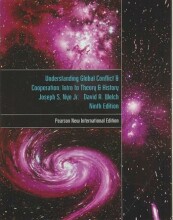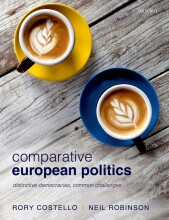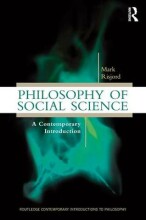Refugee-led advocacy
4 important questions on Refugee-led advocacy
Why is refugee-led advocacy so important?
What does Mohammed call talkinism?
What are the two dimensions of the issue of legitimacy?
- Higher grades + faster learning
- Never study anything twice
- 100% sure, 100% understanding
What are the different power relations in policymaking relations?
- Closed space = no access to the table of decision making: places where there is no room for advocacy/experiences
- Invited spaces = sitting at the table and being actively sought and engaged, but this is not the same as inclusion of all the perspectives!
- Created spaces = spaces set up by refugees themselves:
- Co-created spaces = becoming aware of mechanisms of exclusion by contrasting positions: both refugees and policy makers share influence on the agenda or meeting.
The question on the page originate from the summary of the following study material:
- A unique study and practice tool
- Never study anything twice again
- Get the grades you hope for
- 100% sure, 100% understanding





























